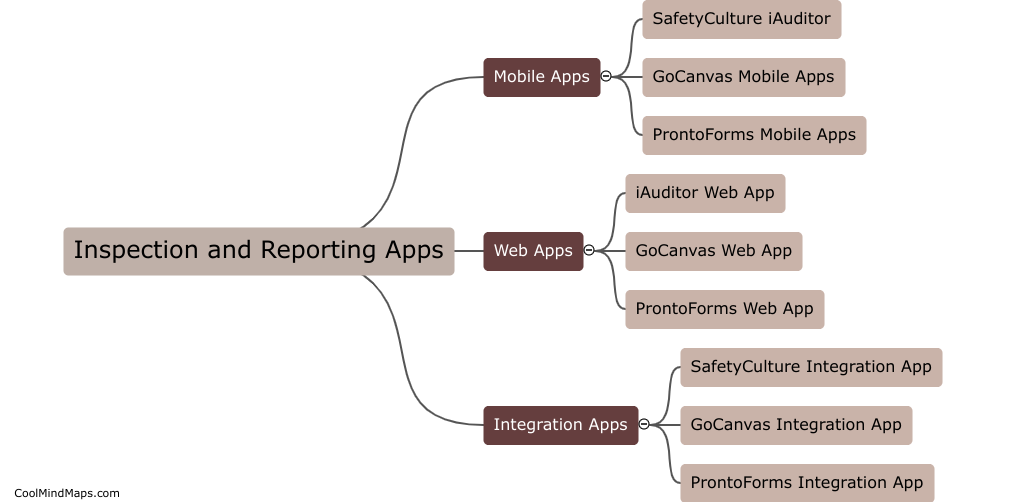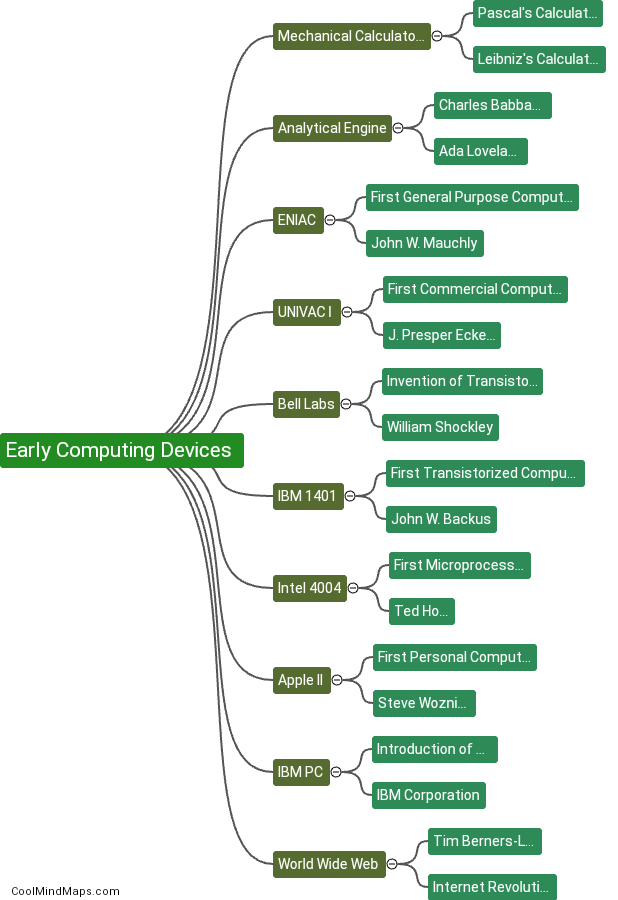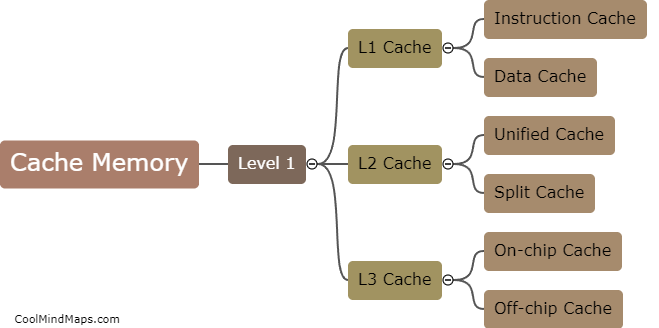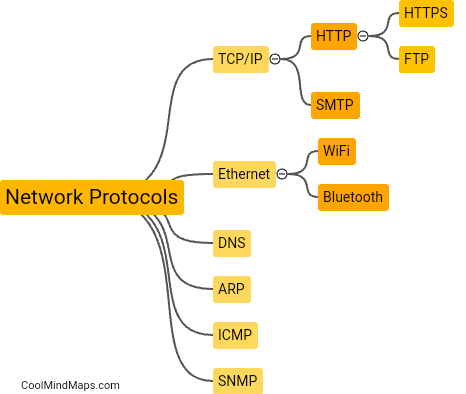What are the essential functions of bios?
The essential functions of bios refer to the fundamental tasks carried out by basic input/output system (BIOS) in a computer system. BIOS is responsible for initializing and testing hardware components during the boot-up process, including the central processing unit (CPU), memory modules, and input/output devices. It also stores the system's configuration settings, such as date and time, boot sequence, and hardware parameters. Another crucial function is facilitating the transition between the computer's hardware and the operating system by providing essential services and protocols. BIOS also supports firmware upgrades, system diagnostics, and error logging, ensuring the efficient operation and maintenance of a computer system.
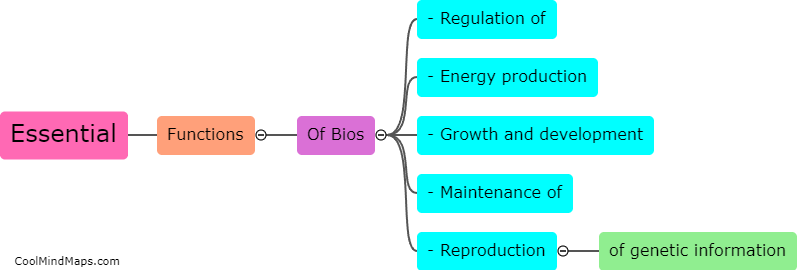
This mind map was published on 16 November 2023 and has been viewed 101 times.



